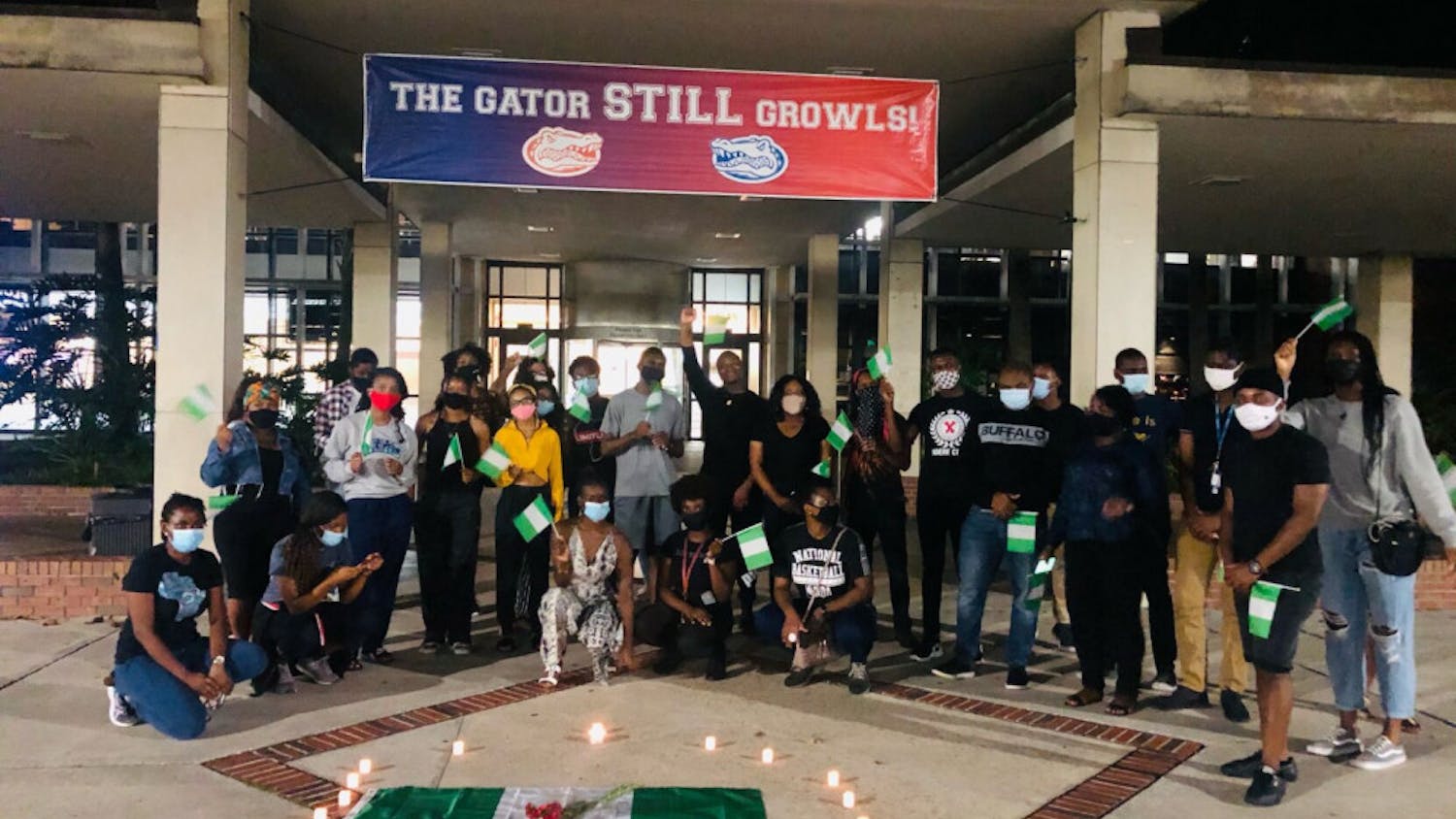BUFFALO, N.Y. — College students from West Africa may be subject to extra health checks when they arrive to study in the U.S. as administrators try to insulate campuses from the worst Ebola outbreak in history.
With the virus continuing to kill in Guinea, Liberia, Sierra Leone and Nigeria, the arrival of students from those countries has U.S. authorities on alert but cautioning against alarm.
“I can see why there would be concern; there’s no vaccine for it,” said Fatima Nor, an 18-year-old freshman at the University at Buffalo, where about 25 students from Nigeria are enrolled for Fall. “As long as everyone keeps their personal space, it should be OK.”
While the Centers for Disease Control and Prevention have issued no specific recommendations for colleges, some state health departments, including in South Carolina and North Dakota, have spelled out for administrators what symptoms to look for and how to react.
Elsewhere, universities are drafting their own precautionary plans against the often-fatal hemorrhagic fever, which causes weakness, vomiting, diarrhea, internal bleeding, and sometimes, bleeding from the nose and ears.
“I don’t see this as a huge threat on college campuses,” said Dr. Susan Even, student health director at the University of Missouri-Columbia and a member of the ACHA, “but it makes sense when you’re communicating with students ... to ask a question or two.”
[A version of this story ran on page 9 on 9/3/2014 under the headline "Colleges screen transfers for Ebola"]





